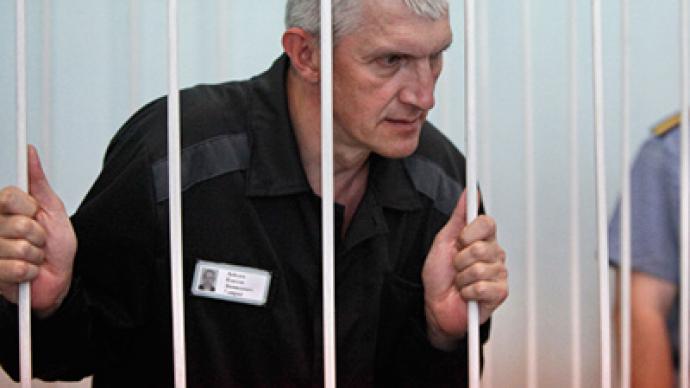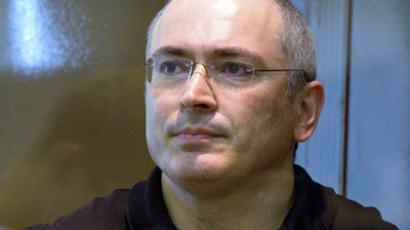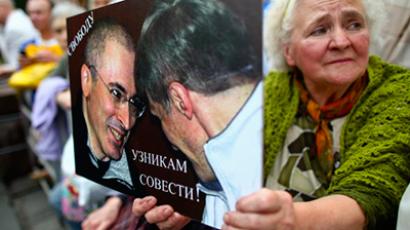Khodorkovsky’s partner Lebedev denied parole

A judge in the North Russian town of Velsk on Wednesday ruled to refuse the request for early release filed by Platon Lebedev, a friend and partner to former Yukos owner Mikhail Khodorkovsky.
The prison colony administration said in an official letter that it opposed Lebedev’s early release, as he had not shown any signs of correction. The defense lawyer asked the court to disregard any references from the colony administration, but rather base its decision on “truth and clemency”. The court preferred to consider the negative references from the prison colony and to ignore the emotional pleas from Lebedev’s wife and brother, as well as a statement by chief editor of Russian liberal newspaper Novaya Gazeta, who offered Lebedev a position at his paper – a necessary condition for early release in Russia. Lebedev himself said that he had already served a term that was longer than two Great Patriotic Wars. As he referred to himself as a political prisoner whose state of health was poor, he added that he wanted to be reunited with his family. Lebedev is now serving his second prison sentence. In December 2010, a Moscow court convicted Platon Lebedev and Mikhail Khodorkovsky of theft and fraud, for which they were sentenced to14 years in prison each, though their terms were later reduced by one year. In May 2011, Khodorkovsky and Lebedev both filed requests for early parole, which is allowable under Russia law once a convict has served half of his sentence for those crimes which are deemed to be of an economic nature (Lebedev was first sent to prison in July 2003, and upon being convicted of tax evasion, he received a nine year prison sentence in May 2005, though the term was later reduced by one year).














